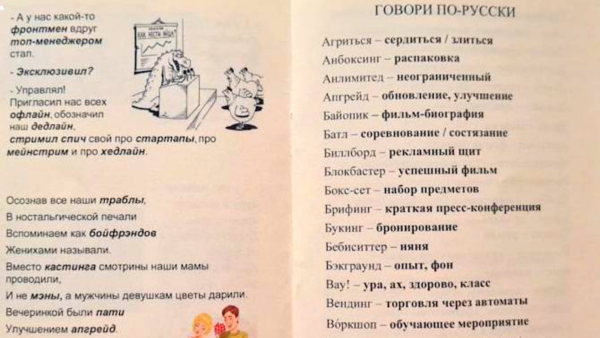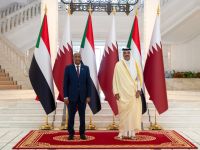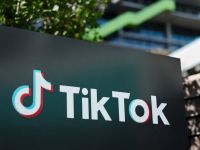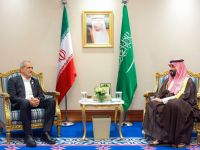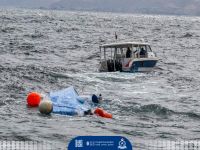In 2014, Russia successfully took over Ukraine's peninsula of Crimea, paving the way for its ongoing invasion of the rest of the country.
Justifying its military actions against Ukraine, Russia keeps referring to its concerns over Ukraine's alliance with Western powers, particularly its bid to join NATO and the European Union.
However, the changes made by the Russians in regions that fall under its control suggest a different agenda, one that aims to extend political and cultural control over new territories for the first time since the fall of the Soviet Union in 1991.
A dictionary has been created in #crimea to combat Anglicisms. It seems that there are no more other problems on the #annexed #peninsula. Previously, the superminds proposed to abolish the study of English in #crimean schools. #66ช้อปปี้เวิร์สกับหยิ่นวอร์ pic.twitter.com/4OBhtn3sJu
— Ukraine actually (@helply11) June 6, 2022
According to several sources, Russian authorities in the Crimean Peninsula have started distributing a new Russian dictionary that provides alternatives to Anglicisms used by residents of the region, at a time teaching the English language is being canceled.
Images that have circulated online showed pages of the dictionary believed to be part of a plan to stop the western influence in Crimea, which would eventually create more space for its Russian counterpart.
Because the language Crimeans use is none of Russia's business and because Russia has a well documented history of this little thing called Russification that they've done to countless countries...
— Ava??❤️??#FBPPR (@VoodooBollocks) June 6, 2022
Among the words included in the leaked images are many tech-focused ones with no popular alternatives in other languages, such as Podcast, Prime Time, Spoiler, Startup and Selfie.
While many online commentators expressed support for initiatives that aim to curb the spread of Anglicism and preserve local languages in non-English speaking communities, many stressed the need for such plans to be curated by locals, instead of foreign intervention, pointing out that Russia should not be making such decision of the residents of Crimea.
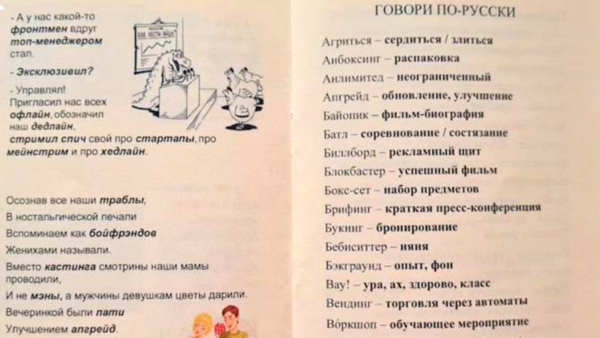
Yet, for Russia, Crimea is a "legitimate" part of the country following the 2014 referendum, during which Moscow was able to extend full control over the peninsula, citing residents' votes.
The 2014 Crimea referendum was deeper "rigged" by Ukraine and its Western allies, who accused Russia of violating the Ukrainian sovereignty.
Fears of a similar Russian move to annex eastern parts of Ukraine, particularly the self-proclaimed Donetsk and Luhansk regions keep growing, especially as Russian forces attacking Ukraine seem determined to gain full control over them.


